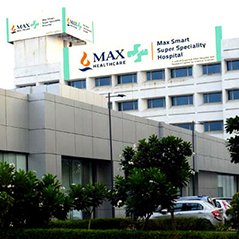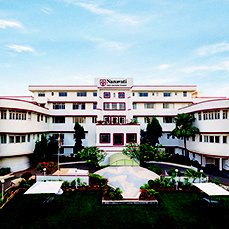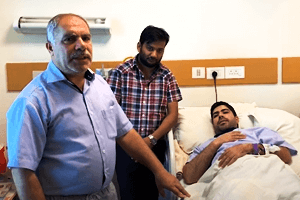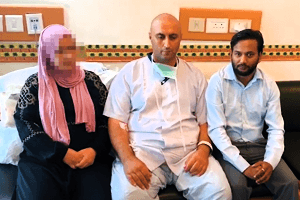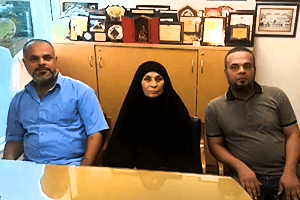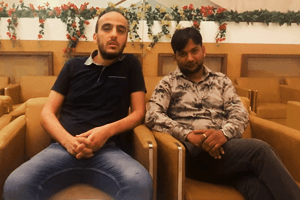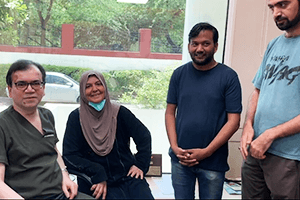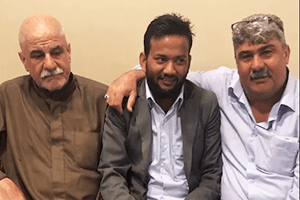The CRT-D is an implantable cardiac resynchronization therapy (CRT) defibrillator for heart failure patients. A CRT-D tracks the patient’s heart rhythm to detect irregularities and correct them with electrical impulses. It is meant to stop life-threatening ventricular tachycardia and fibrillation with relatively weak and painless electrical shocks.
The Amplia and Compia MRI Quad SureScan devices were the first CRT-D devices that were approved by the FDA as MRI compatible. CRT devices were previously not compatible with MRI scans due to a possible interaction between the devices.
Surgery is necessary to implant a CRT-D. The procedure is relatively simple and usually lasts two to four hours. It is not open-heart surgery. Usually, you have to stay in the hospital for one or two days after the implantation and full recovery can take several days to a few months.
The implantation procedure will cost you around USD 15,959 in India. Overall, the one-year and 5-year survival rates after implantation is 88 per cent and 54 per cent.







